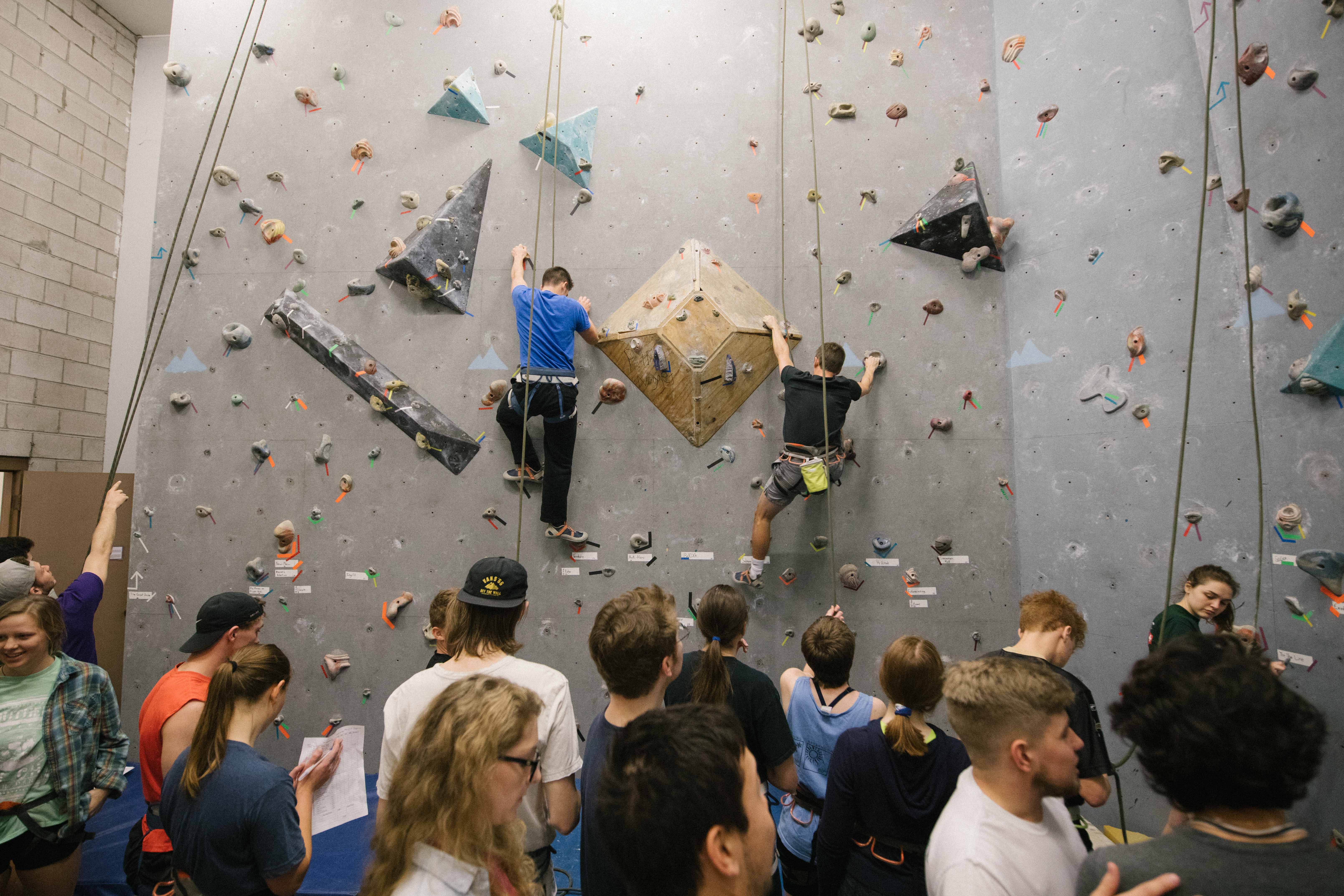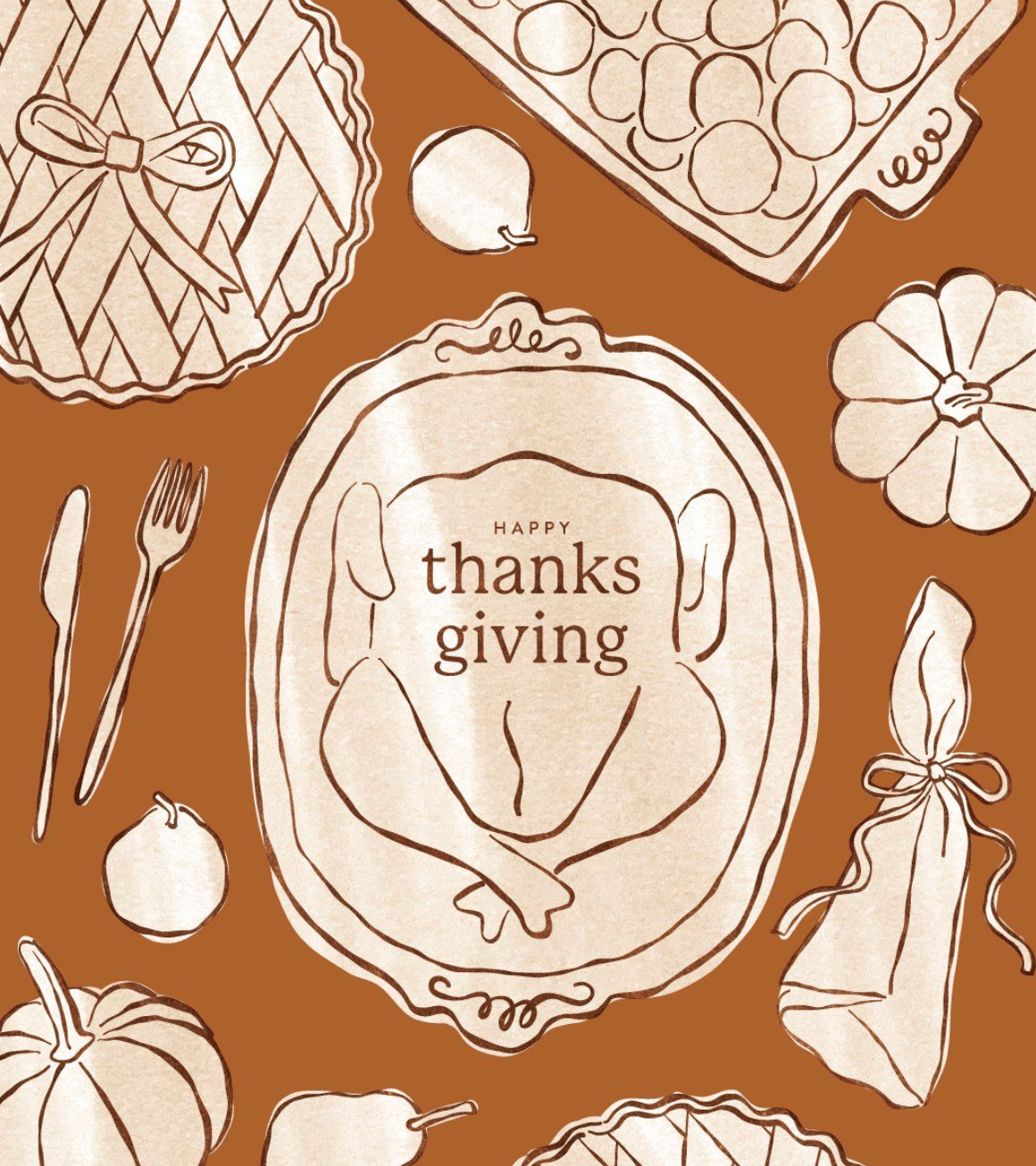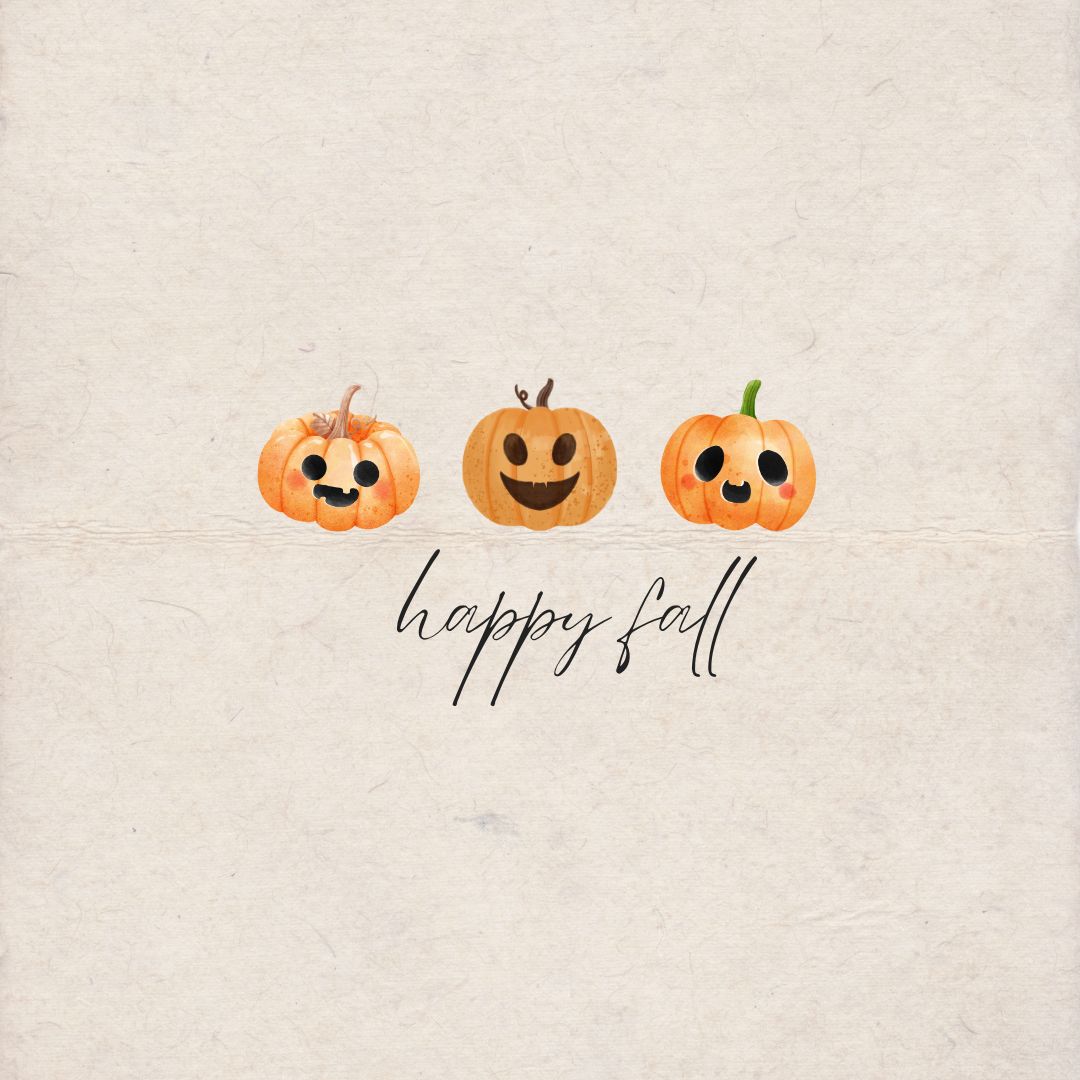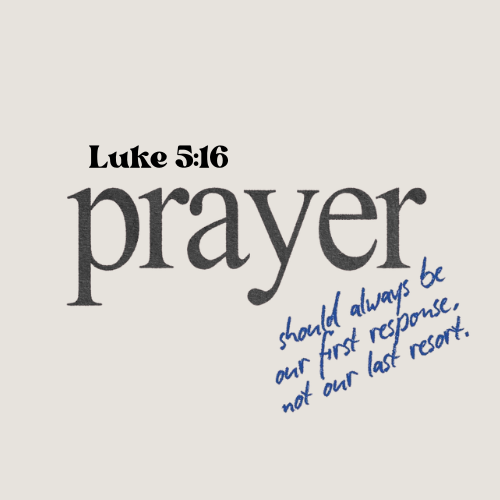By Kaelin Clay, Staff Writer
The age-old argument surrounding the safety of social media has been elevated by the Chinese government’s relation to our newly beloved form of entertainment: TikTok. According to Mashable.com, TikTok’s Chinese-owned parent company, ByteDance, has been collecting data from the app’s users and offering the data to the Chinese government. Many Americans have learned of this subject in shock, and the question facing many government entities and college campuses is, “Should we ban the network?”
Many students at larger state universities are facing TikTok withdrawals since the app was banned from school devices and on school WiFi, but Ouachita students are still scrolling. TikTok is now deemed a luxury for us, even though it was once commonplace for young adults across the United States. Ouachita is a private school and has the power to make its own decision without state infringement on whether the app should be banned from campus. Communication Law professor Jackson Carter chimed in with his opinion.
“From a security standpoint, the way that any of that data would be usable would be through the aggregation of millions of data points, which just means a ban on a campus of 1,500 doesn’t do anything,” Carter said. “In order to make a difference, these sorts of bans would have to come at the state and national level – or when thinking about colleges, from a system level.”
Carter explained that online security concerns are not solely related to TikTok.
“I think it is also important to remember we are sharing the same kinds of data with lots of other organizations, and we don’t bat an eye at it,” Carter said. “All the major US tech giants collect the kind of data that TikTok does, and nobody is going to realistically call for banning Facebook or Google on campus.”
Carter also shared that a campus-wide ban could potentially foster obstacles for a media-centered learning environment in Lile Hall.
“From a practical learning perspective, a ban would certainly make it more difficult for [communications] students to learn,” Carter said. “I think it would mean there would be a greater emphasis on students learning outside the classroom than there already is, which can be both a good thing and an inconvenient thing.”
TikTok also curates a digital bond between students. A University of Oklahoma student, Laurel Reesing, shared a noteworthy void following the ban at her school.
“There is now a little bit of a disconnect as university accounts were deleted, so this makes it a little bit harder for some organizations to interact as much,” Reesing said.
Some students’ concerns outweigh the positive influence of marketing trends and creative progressiveness. Sophomore Malea Borland shared her heart on the ban.
“I think it’s best to be centered around doing what is good,” Borland said. “I would encourage students to deeply consider why certain corporations, universities and government officials have banned the app and if they themselves truly believe that they are becoming better people by keeping it.
The concerns are authentic, and the threat is heavy, but a pertinent question still remains: How will we advance, market and connect without the use of this digital powerhouse? Maybe Ouachita should hang on to TikTok for just a bit longer and bask in its innovative potential, but at the end of the day, students should hone their discernment in the use of any social media platform.







